Textile industry leaders call for policy changes to support U.S. production of PPE
The U.S. textile industry has stepped up to meet the demand for face masks, medical gowns, wipes and other products necessary to combat the coronavirus pandemic, but it needs policy changes from Washington so that the U.S. is not caught off-guard again in a future crisis, according to association leaders speaking at Advanced Textiles Association (ATA) Virtual Expo 2020 and the Advanced Textiles Conference, which wrapped up Thursday, Nov. 12.
Roundtable moderator Auggie Tantillo, president of consulting firm SRG & Associates, opened the session by noting that, if there is one silver lining to the COVID-19 crisis, it is that policymakers see firsthand the severe negative ramifications of being dependent on offshore suppliers for national security materials such as personal protective equipment (PPE).
“How we as an industry respond to the COVID-19 crisis and the PPE shortage is extremely important,” he said. “It will leave a lasting impression on policymakers as to our capabilities and the strength of our overall industry.”
Prior to the pandemic, the U.S. was largely dependent on Asia for medical textile PPE, but once the crisis hit, those countries embargoed the products and materials to meet their own needs. That’s when the highest levels of U.S. government turned to textile associations for assistance, and the industry stepped up to provide solutions, according to Kim Glas, president and CEO of the National Council of Textile Organizations (NCTO).
“If we don’t learn an important lesson here based on the COVID-19 crisis to make us self-sufficient on some of these key essential products, then shame on us,” Glas said. “We can never let this happen again. We need to have the infrastructure here in the United States in place. [NCTO] companies want to be in the PPE space, not just for the COVID-19 crisis, but for many years to come. If we don’t put the policy tools in place right now, it’s a huge missed opportunity.”
Dave Rousse, president of the Association of the Nonwoven Fabrics Industry (INDA) said that while the nonwoven industry in the U.S. has built up capacity in essential areas such as face masks, it understandably fears a “Lucy pulling away the football” situation, where investments today won’t pay off down the road if the U.S. turns back to cheaper imports when the crisis is over. He noted the ongoing policy work that associations are engaging in to avoid this outcome.
“We’re going to have to use something like the Berry Amendment,” he said. “If federal funds are used, they should go to U.S.-made products. We’re going to have to get a well-managed National Strategic Stockpile. In the case of face masks, it’s going to need to be turned over every year or two because there’s an electrostatic charge there that dissipates. And it’s going to have to have some incentives and guarantees for those who receive the incentives that there will be demand for their product down the road.”
The next couple of years will be critical from a legislative standpoint, according to Steve Schiffman, president and CEO of ATA. Many industry members want to be a part of the process, he said, but the process needs to become more transparent.
“The shortage of PPE has been shaping how we think about manufacturing and products,” Schiffman said. “Price is going to be a continuing issue and will need to be addressed by the government and a willingness to pay for the quality and the labor behind it.”
Editor’s Note: ATA Virtual Expo attendees can access educational sessions on the Virtual Expo platform for 30 days after Expo has concluded.










